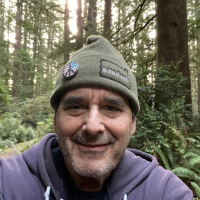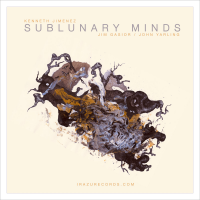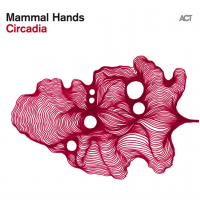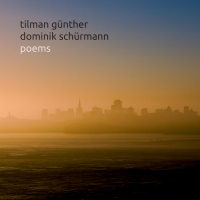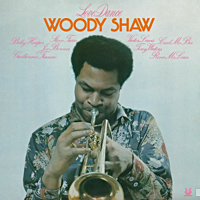Home » Jazz Articles » Album Review » Whit Dickey/Tao Quartets: Peace Planet & Box of Light
Whit Dickey/Tao Quartets: Peace Planet & Box of Light
Of course, to command such incredible and awesome talent over two ensembles is impressive on its own, but the 65-year-old percussionist remains dedicated to a vision of collective improvisation that centers on his own original compositions as interpreted through his ensembles. In general, along with an abstract stream of consciousness, there is an organic feel about these compositions. The music fills the space like water flowing over stones.
A unique voice on alto, Brown shines in both quartet configurations. On Peace Planet, his soulful and muscular legato arcs are complemented by the bluesy, modal and freewheeling Shipp. But Shipp has more to say—listen to his racy solo midway through "Seventh Sun" or his introspective ruminations on "Ancient Monument." Parker is not to be left out. His rumbling and breathtaking splurge of notes on the masterpiece "Suite for DSW" (the DSW stands for David S. Ware, the late tenor saxophonist wizard who left a lasting influence on Shipp, Parker and Dickey) is a case in point. Dickey's drum work on this set is both rhythmic and arrhythmic, and his forceful and lively accents are always in the right place at the right time.
On Box of Light, Brown's jagged articulations, twirls, and moans (check out his solo on "Jungle Suite") meet Steve Swell's brawny and rousing trombone, and both musicians cover a lot of emotional ground. Dickey seems to explode at times, his drums emphasizing irregular beats with a strength of purpose. Bisio uses techniques like rolling plucks, thumps, and bowing (his solos on "Ethereality" or "Box of Light"—where his bowing literally takes over the piece—are prime examples) to provide a fluid, intense and deep bottom to the compositions. On "Ellipse: Passage Through," Dickey's aggressive impulses across the trap set (especially his bass pedal work) under-gird Brown's squeals and Swell's outbursts and, after a brief solo, he provides sweeping accompaniment to Bisio's neck-covering efforts.
It is not difficult to place Peace Planet & Box of Light at the top of this year's recordings. Like his album Vessel In Orbit, Dickey proves again that cerebral, abstract, and penetrating music is a key ingredient of vibrant jazz and works of art.
Track Listing
Peace Planet; Seventh Sun; Ancient Monument; Suite for DSW; Blossom Time; Eye Opener; Ellipse: Passage Through; Ethereality; Box of Light; Rotation Steps; Jungle Suite.
Personnel
Whit Dickey
drumsWhit Dickey: drums; Rob Brown: alto saxophone; Matthew Shipp: piano (1-5); William Parker: bass (1-5); Steve Swell: trombone (6-11); Michael Bisio: bass (6-11).
Album information
Title: Peace Planet & Box of Light | Year Released: 2019 | Record Label: AUM Fidelity
Tags
PREVIOUS / NEXT
Support All About Jazz
 All About Jazz has been a pillar of jazz since 1995, championing it as an art form and, more importantly, supporting the musicians who make it. Our enduring commitment has made "AAJ" one of the most culturally important websites of its kind, read by hundreds of thousands of fans, musicians and industry figures every month.
All About Jazz has been a pillar of jazz since 1995, championing it as an art form and, more importantly, supporting the musicians who make it. Our enduring commitment has made "AAJ" one of the most culturally important websites of its kind, read by hundreds of thousands of fans, musicians and industry figures every month.

